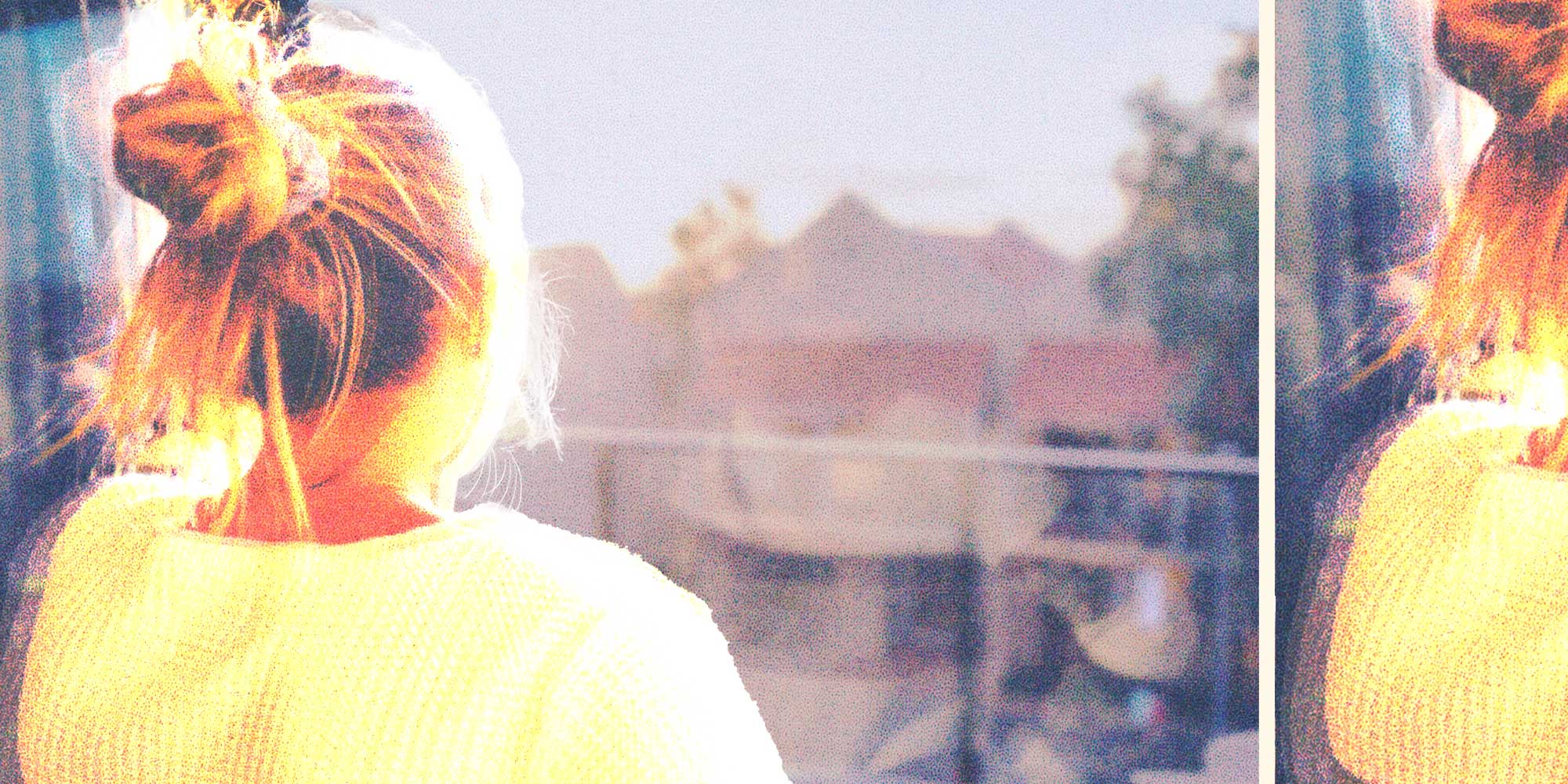This guest piece was written by representatives at Saprea, an organization that works with child abuse survivors.
Hope and Healing are Possible for Survivors of Child Sexual Abuse
By Saprea
One in four girls will be sexually abused before their 18th birthday. That’s an estimated 42 million women in the United States alone who are survivors of child sexual abuse.
The trauma of child sexual abuse affects survivors long after the abuse has stopped. In fact, survivors often spend years, or even decades, living with symptoms of trauma that are far-reaching and disruptive to their emotional, mental, and physical well-being.
Survivors and mental health issues
Here are several statistics that depict the reality for many adult survivors of child sexual abuse:
- Survivors are at least 3x more likely to attempt suicide later in life. And as survivors get older, the risk of suicide attempts increases.
- Survivors are 5x more likely than the general population to be hospitalized for a physical or mental health problem.
- By age 30, 20% of survivors will develop an alcohol dependency, twice the rate of those who had not been abused.
- 42% of survivors struggle with self-image and are at a higher risk of developing eating disorders or unhealthy relationships with food.
- 40% of survivors drop out of school.
Along with these challenges, one of the most common effects of trauma a survivor of child sexual abuse experiences is shame. Shame is a painful emotion that involves feelings of worthlessness, self-loathing, self-condemnation, and failure. When individuals experience shame, they may view themselves as damaged or defective.
When shame is experienced intensely, it can lead to feelings of isolation, helplessness, low self-esteem, and self-destructive behaviors. In some cases, shame can even lead to suicide ideation and self-harm.
How significant childhood trauma can shape adulthood
When trauma occurs in a survivor’s childhood or adolescence, the analytical part of the brain is still developing.
When a child or teen experiences a significant trauma, like child sexual abuse, they struggle to understand why something so painful would happen to them. They can inaccurately conclude that the abuse was their fault, and reconcile that with a deep sense of shame.
These feelings can be significantly formative in how that survivor develops into adulthood. This means that even after the abuse has ended and the survivor is busy living their life as an adult, the shame caused by the childhood trauma may be internalized, especially if the survivor has been bearing that burden alone.
These shame-based thoughts may develop into negative self-beliefs that impact how they view themselves, others, and the world around them.
For instance, if a child tries to understand why a loved one abused them and reaches the conclusion that “I don’t deserve to be loved,” this thought can persist into adulthood and influence the survivor’s belief on whether or not they are deserving of support and loving relationships.
Sometimes an individual can become trapped in what is known as a “shame spiral,” in which they feel caught in the experience of shame and how they emotionally respond to that shame. Some of these emotions might include shame-based frustration, anger, fear, sadness, or rage.
During these spirals, a survivor may feel as though they are not in control of their emotions, a belief that can lead to further shame.
Healing is possible, and healing is for you
As overwhelming as shame can feel, it is still possible for a survivor to find healing.
Saprea seeks to offer this support to survivors of childhood sexual abuse to do so through various tools and strategies. If you are a survivor of child sexual abuse, you may find it beneficial to visit our healing resources. We offer a range of healing services and resources, including the Saprea Retreat, Saprea Support Groups, online healing resources, and a safe place for a community of survivors to support each other.
We want survivors to know that hope and healing are possible. Our brains are malleable and can learn how to heal. At Saprea, we believe that in order to achieve lasting healing, survivors must address the underlying trauma causing them pain.
It takes time, but with the right resources and support, survivors can learn to manage trauma symptoms, strengthen their support network, and nurture self-compassion as an antidote to shame.
No matter how shame has shaped your perception of yourself and what you deserve, your needs do matter, and you do deserve to find healing and happiness, and to live your life to the fullest. And you can start taking your next steps today.
To learn more, visit saprea.org.
About Saprea
Saprea exists to liberate individuals and society from child sexual abuse and its lasting impacts. We provide healing educational retreats in Utah and Georgia, survivor support groups around the world, and online healing resources for adult female survivors. We also provide online prevention resources and community education courses/materials for parents and caregivers to reduce the risk of abuse from occurring. To learn more visit Saprea.org.
Support this resource
Thanks for taking the time to read through this article! As a 501(c)(3) nonprofit, we're able to create resources like this through the support of people like you. Will you help to keep our educational resources free as we produce resources that raise awareness on the harms of porn and sexual exploitation?
DONATE


